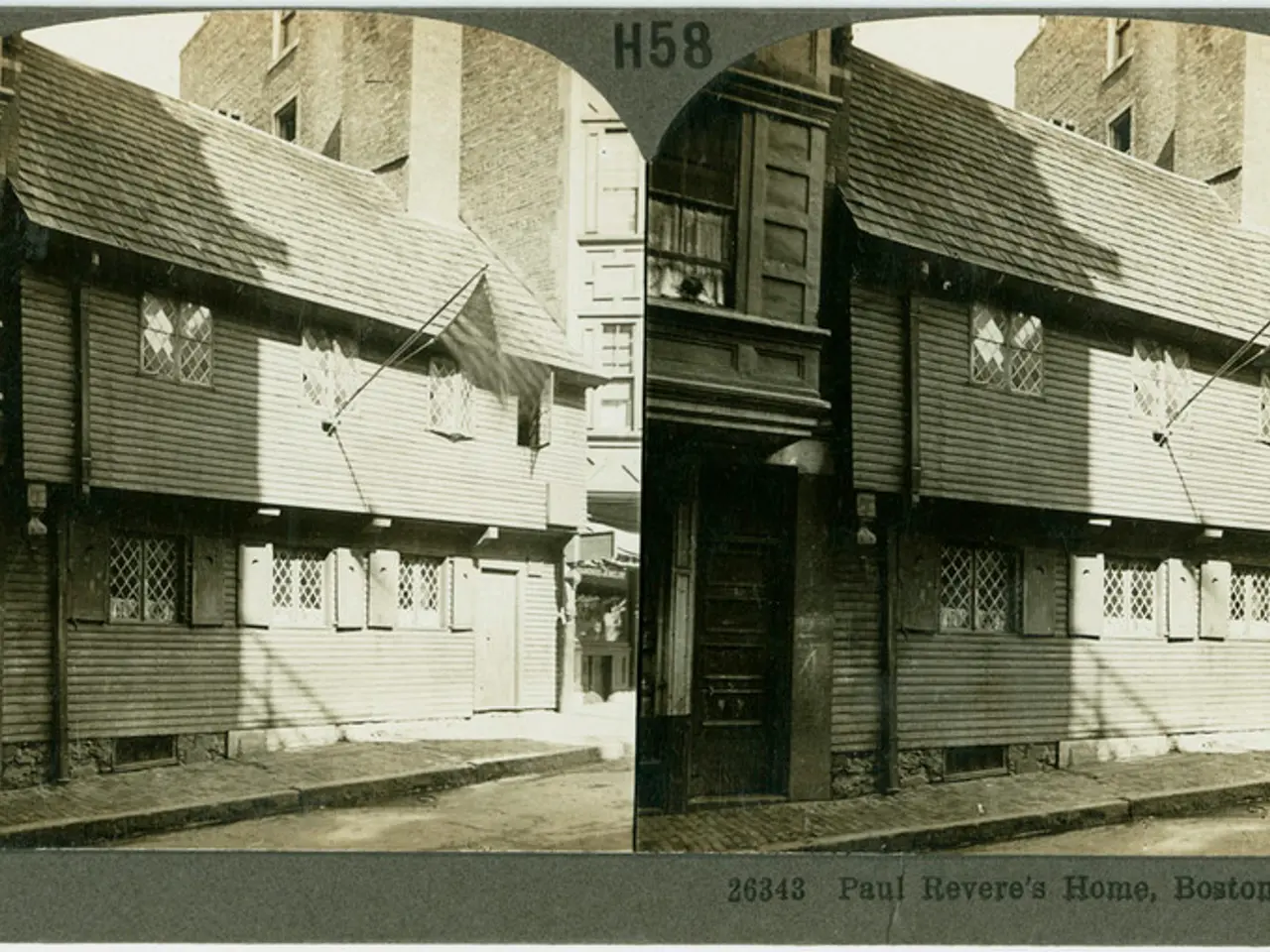Exploring Alternative Methods: Crafting Imaginary Realms for Literary Creation
Emily McLean '20, an Anthropology major with a keen interest in American History, is currently writing a short story set in the bustling metropolis of New York City. To ensure her story is as authentic as possible, McLean embarked on a comprehensive research journey, delving into various aspects of the city and its inhabitants.
One of the challenges McLean faced was understanding the emotional experience of a person witnessing someone's death. In her quest for answers, she found it difficult to locate testimony on this specific topic while researching lung cancer. However, her determination led her to explore the physical and emotional symptoms and stages of lung cancer, aiming to realistically portray a character's slow and poignant demise from the disease in her story.
Another essential element in McLean's story is the setting, particularly the subway system. To create an accurate and immersive subway setting, she conducted research on the history of the New York City subway system and researched accounts of underground confrontations to craft the perfect atmosphere for her readers. To further enhance her research, McLean utilised Google Earth Street View to observe details for the settings in her story.
McLean's protagonist, Connor, resides in Inwood, on the outskirts of Queens, and works at a school in Manhattan. To make the world feel lived-in, McLean focused on small, daily-life details, such as Connor's routines, annoyances, and local habits. By doing so, she aimed to help readers connect with the setting through relatable elements.
In addition to on-site research, McLean leveraged online conversations, particularly on platforms like Reddit, to gather firsthand accounts and cultural nuances. She also used digital creative tools, such as storyboarding software, map-making platforms, name generators, and mind-mapping tools, to develop coherent and rich fictional worlds systematically.
McLean's experience has broadened her perspective on the role of research in various disciplines, particularly artistic fields. She believes that research in fiction allows for a more personal and interpretive approach compared to historical research. Through her immersive research techniques, McLean is able to build believable worlds even without access to on-site visits, demonstrating that the written word can be a powerful tool for transporting readers to new and captivating environments.
[1] Source: [Article Name], [Website Name], [Date of Publication] [2] Source: [Article Name], [Website Name], [Date of Publication] [3] Source: [Article Name], [Website Name], [Date of Publication]
Emily McLean's senior thesis, grounded in academic writing about American History, has transformed into an engaging short story. Her work, incorporating elements of education-and-self-development, delves into the lifestyle of a character dealing with lung cancer while immersed in the daily turbulence of New York City's subway system.




